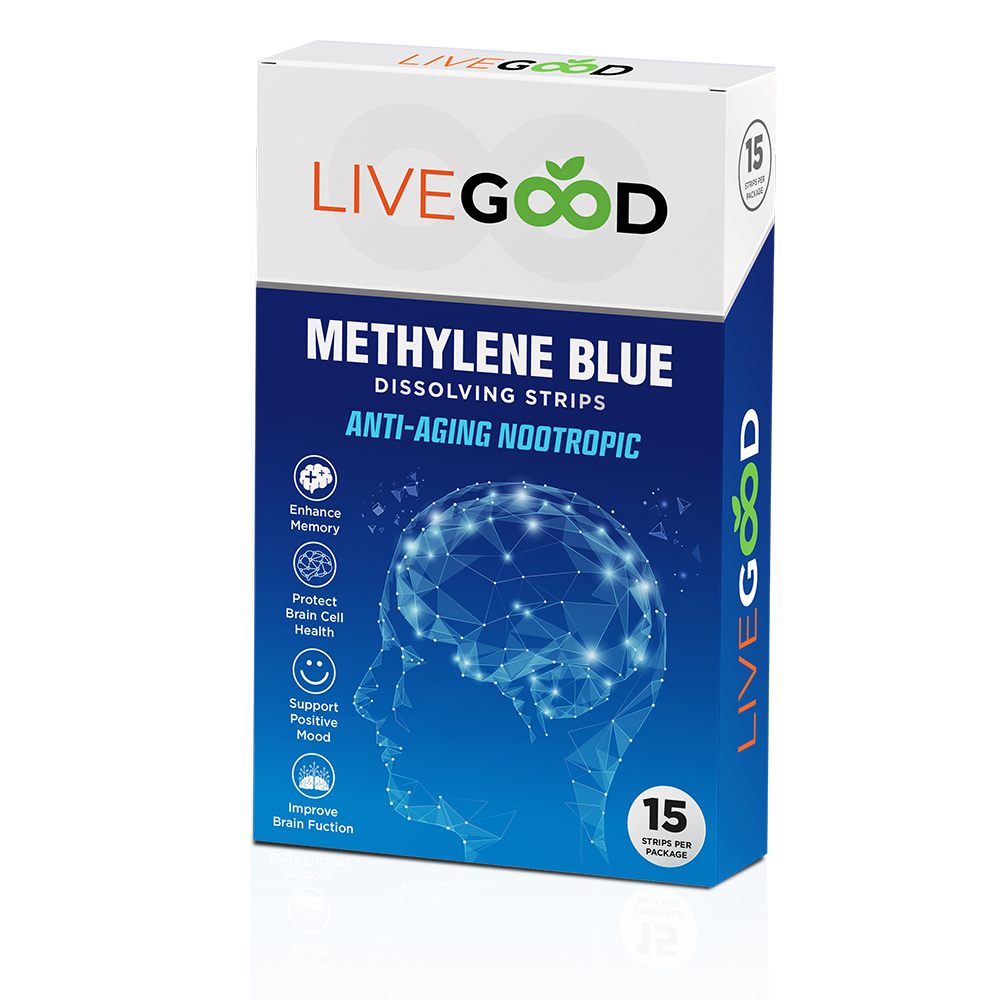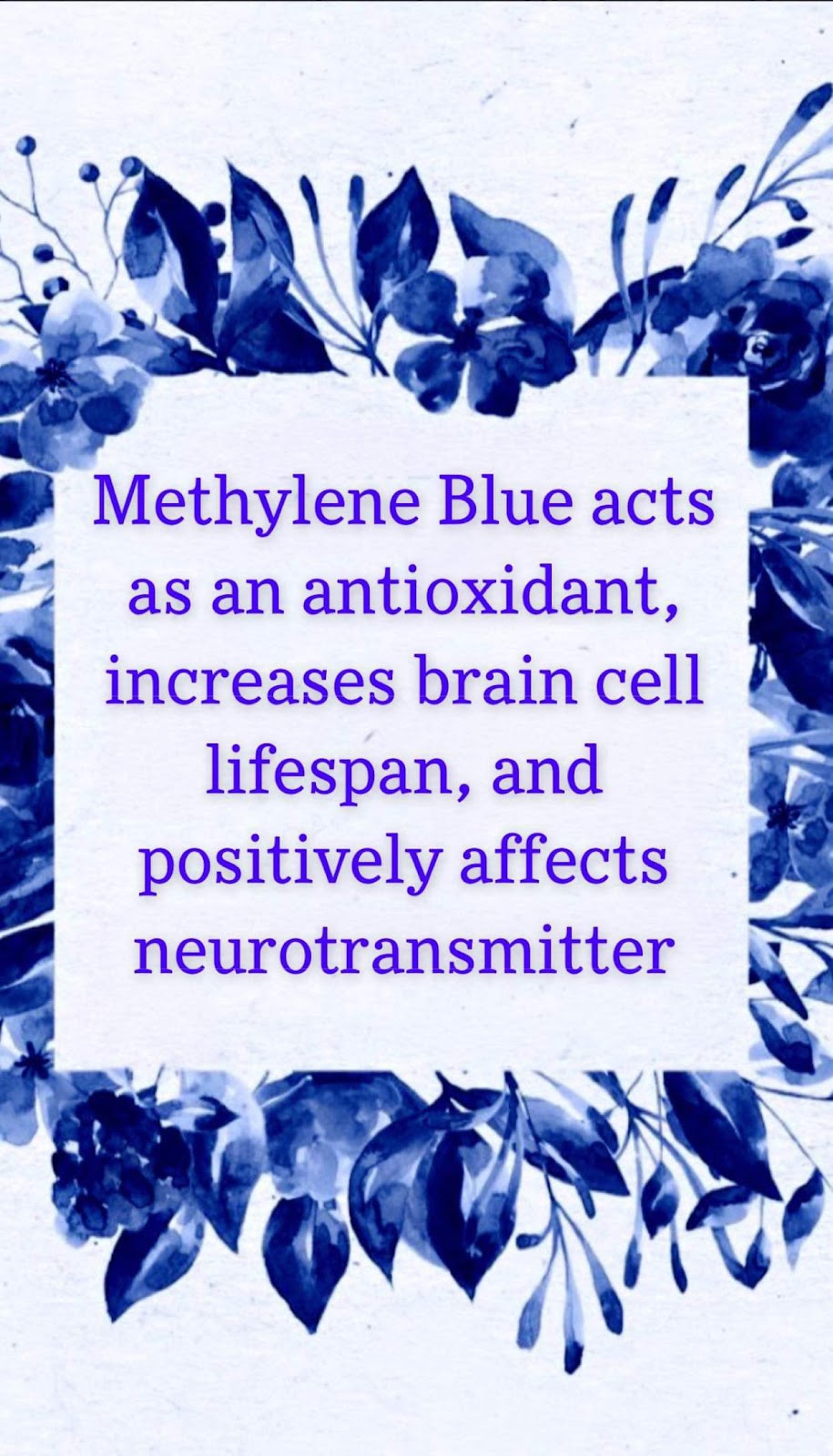The Importance of Cognitive Function: Nurturing the Mind for a Fuller LifeIntroduction
Cognitive function, the mental process by which we acquire, process, store, and apply knowledge, is a critical aspect of human life. From simple everyday tasks to complex problem-solving and creative endeavors, cognitive function plays a central role. In this blog, we will delve into the significance of cognitive function and how it impacts our daily lives, emphasizing the importance of nurturing and maintaining it.
What Is Cognitive Function?
Cognitive function encompasses a wide range of mental processes, including perception, attention, memory, language, problem-solving, reasoning, and decision-making. It involves the brain's ability to process information, learn from experiences, and adapt to new situations. Essentially, cognitive function shapes how we think, learn, remember, and make choices.
The Importance of Cognitive Function
Enhanced Learning and Education: Cognitive function is the foundation of learning. It enables us to understand new information, retain knowledge, and apply it to various contexts. A healthy cognitive function allows students to excel in academics, professionals to acquire new skills, and individuals to engage in lifelong learning.
Effective Problem-Solving: Cognitive function empowers us to analyze problems, generate solutions, and make informed decisions. Whether it's troubleshooting a technical issue, resolving conflicts, or strategizing in business, our ability to think critically is essential.
Memory and Recall: A strong cognitive function supports memory formation and recall. This aids in day-to-day activities like remembering appointments, recalling important facts, and even enjoying leisure activities like reading or watching movies.
Mental Health and Well-Being: Cognitive function plays a pivotal role in mental health. Disorders like depression, anxiety, and Alzheimer's disease are associated with cognitive decline. Keeping the mind active and healthy can help mitigate these risks and improve overall well-being.
Creativity and Innovation: Creative thinking is a product of cognitive function. It allows us to envision new ideas, innovate, and bring fresh solutions to the table. Whether you're an artist, scientist, or entrepreneur, cognitive function fuels your creative endeavors.
Healthy Aging: As we age, cognitive function naturally changes. However, actively engaging in activities that challenge the mind, such as puzzles, learning new skills, or pursuing hobbies, can slow cognitive decline and promote healthy aging.
Effective Communication: Language and communication are integral to human interaction. Cognitive function enables us to express ourselves clearly, understand others, and engage in meaningful conversations.
Ways to Support and Enhance Cognitive Function
Now that we understand the significance of cognitive function, let's explore some strategies to nurture and enhance it:
Regular Physical Activity: Exercise increases blood flow to the brain, promoting the growth of new neurons and improving cognitive function.
Healthy Diet: A balanced diet rich in antioxidants, Omega-3 fatty acids, and other brain-boosting nutrients can support cognitive health.
Mental Stimulation: Engaging in activities that challenge the mind, such as puzzles, brain games, reading, or learning a new language, can help maintain cognitive function.
Adequate Sleep: Quality sleep is essential for cognitive function. It allows the brain to consolidate memories and rejuvenate for the next day.
Stress Management: Chronic stress can impair cognitive function. Practicing stress management techniques like mindfulness, meditation, and relaxation can help alleviate its effects.
Social Engagement: Social interactions stimulate the brain and promote cognitive health. Stay connected with friends and family to maintain mental vitality.
Continuous Learning: Embrace a growth mindset and never stop learning. Pursue new skills and knowledge throughout your life.
Conclusion
Cognitive function is the cornerstone of human intelligence and the key to leading a fulfilling life. It affects every aspect of our existence, from learning and problem-solving to creativity and well-being. By understanding its importance and taking proactive steps to support and enhance it, we can unlock our full cognitive potential and enjoy a richer, more meaningful life. So, let's celebrate our minds and nurture them for a brighter future.
Top Choice product here:
https://www.livegood.com/methyleneBlue/?enroller=byrond1971















